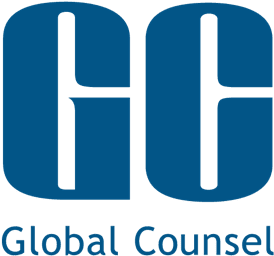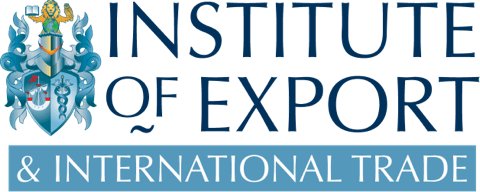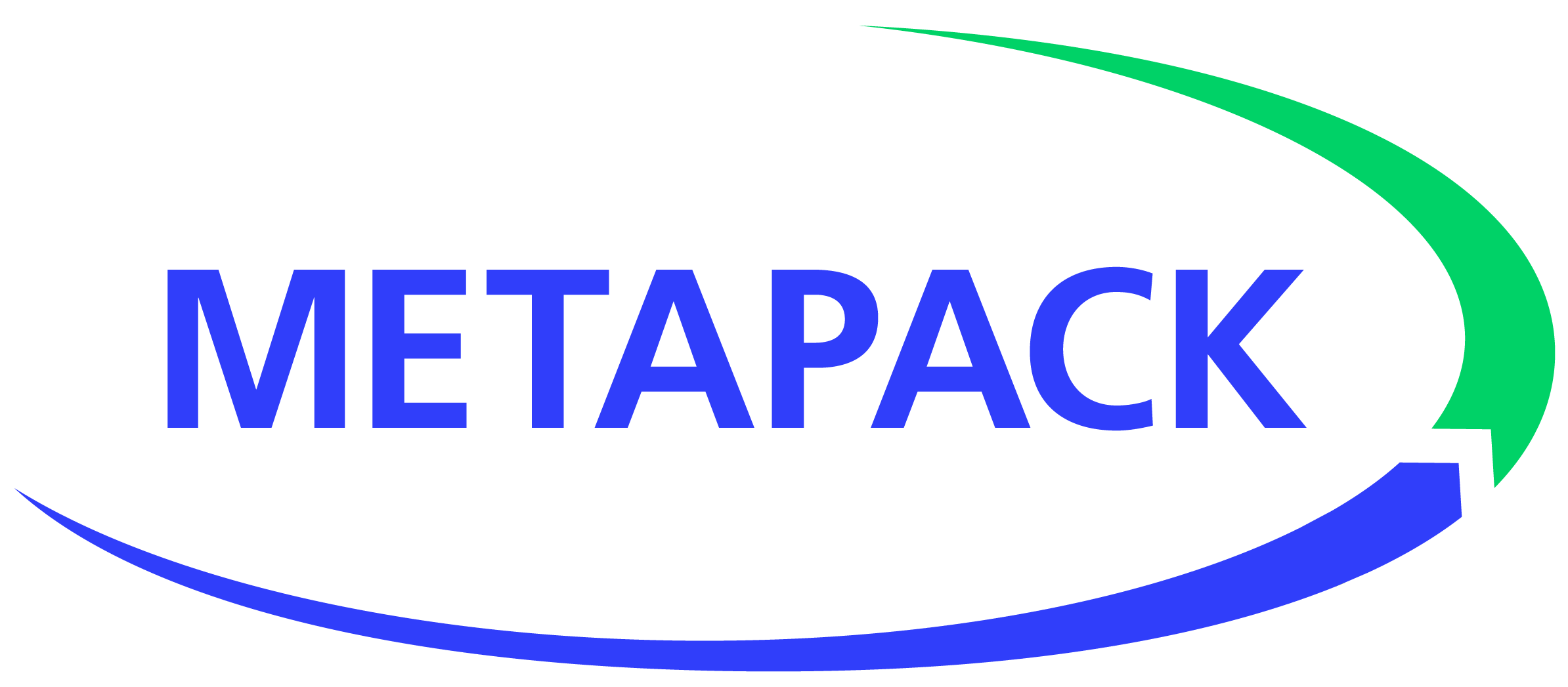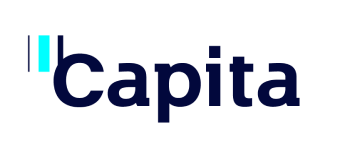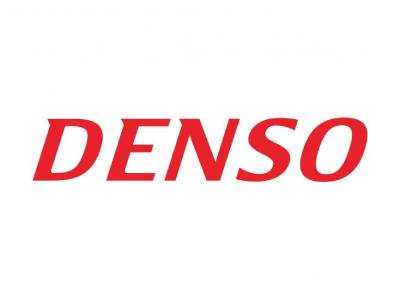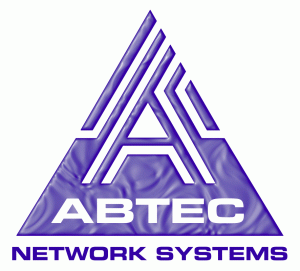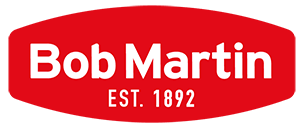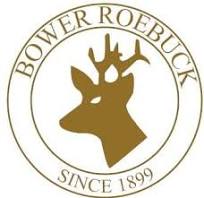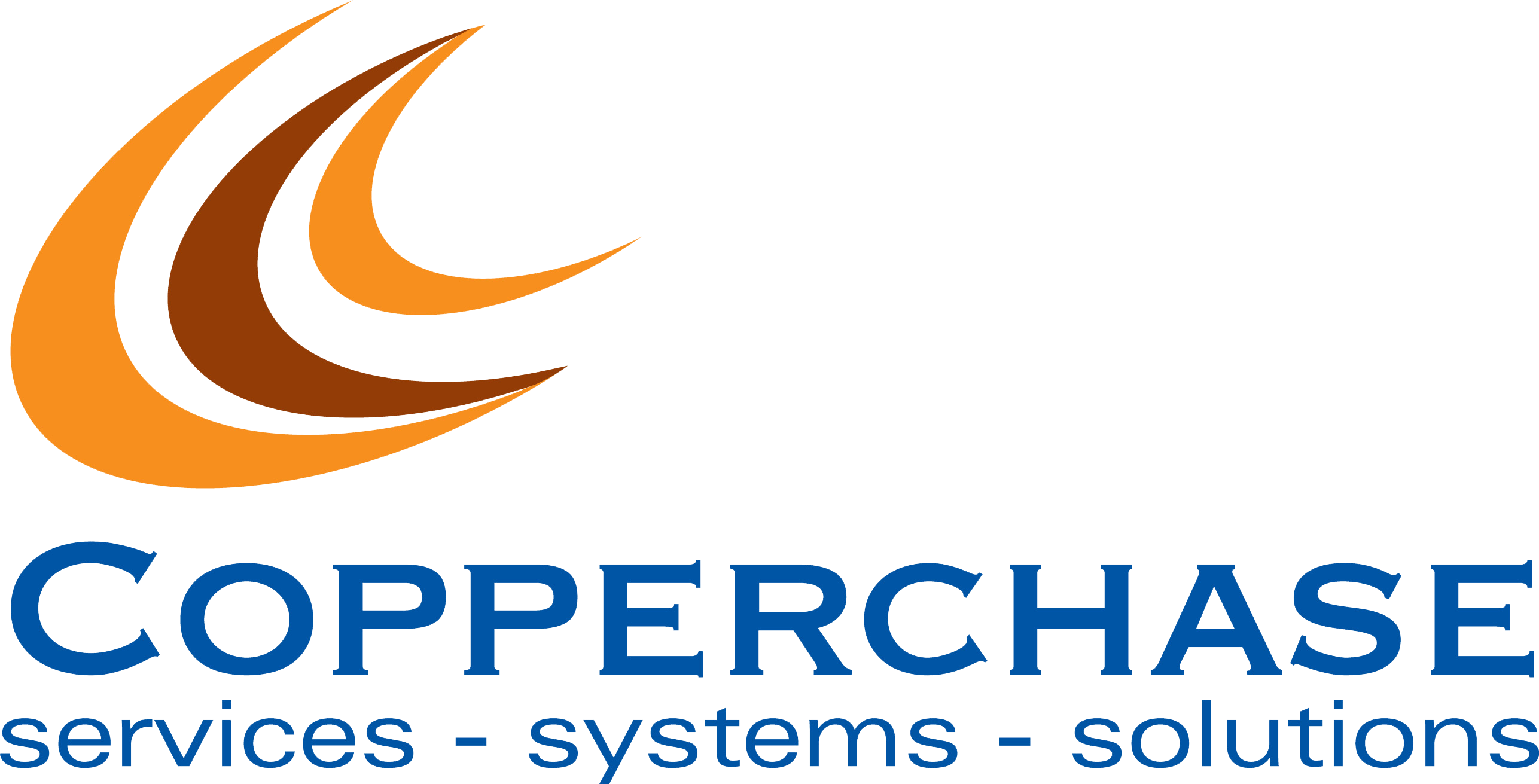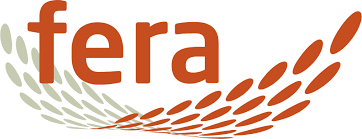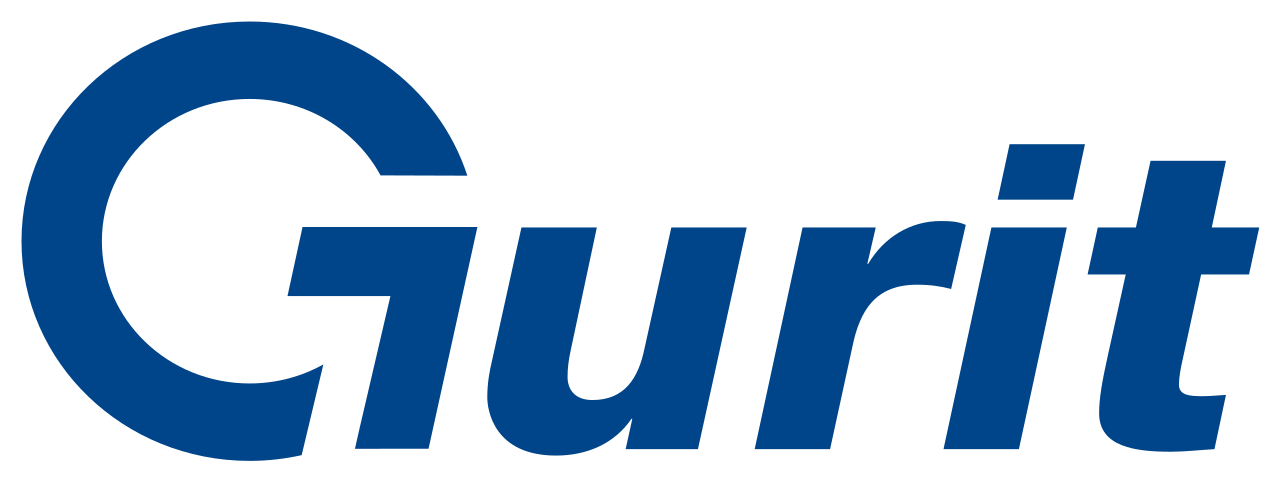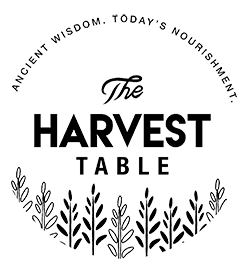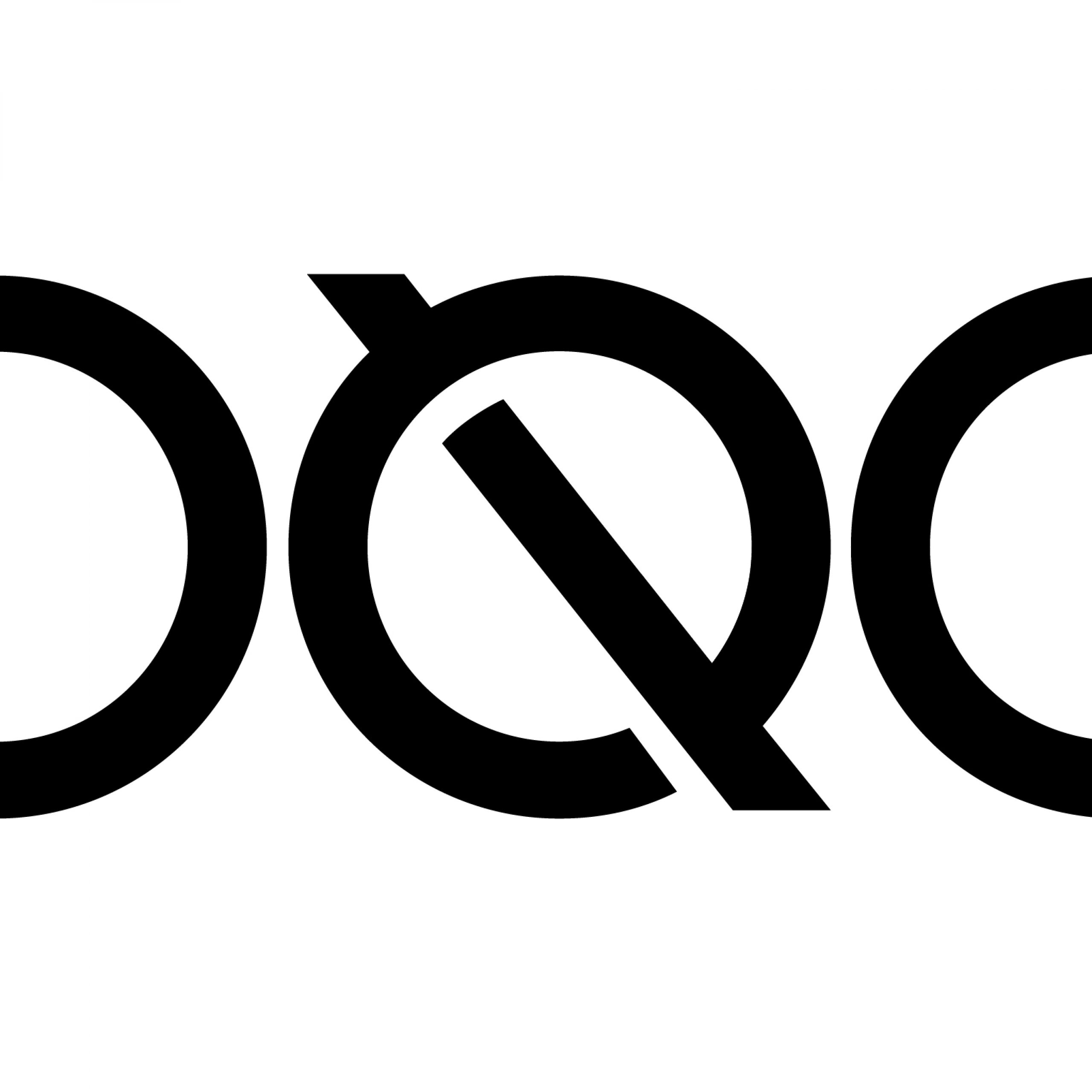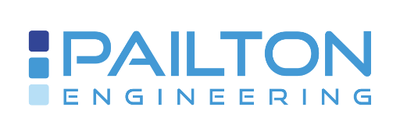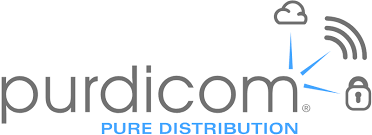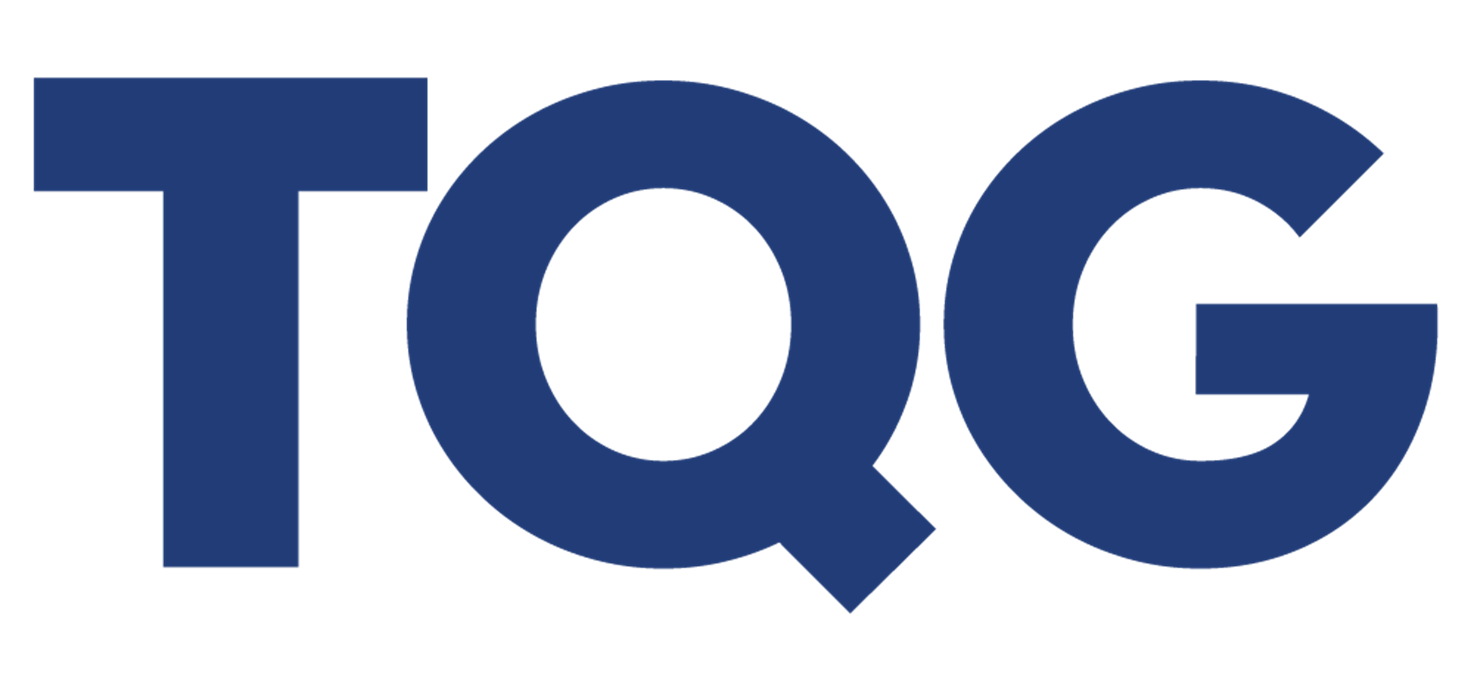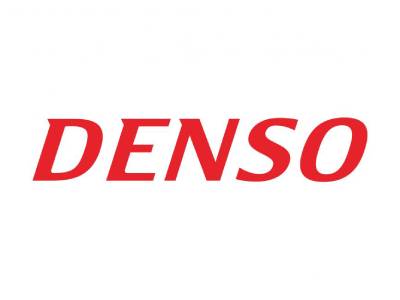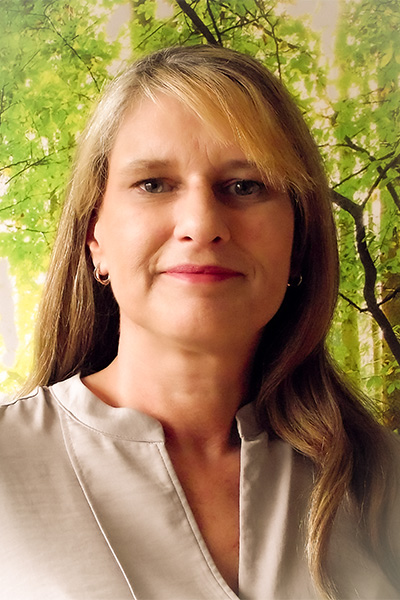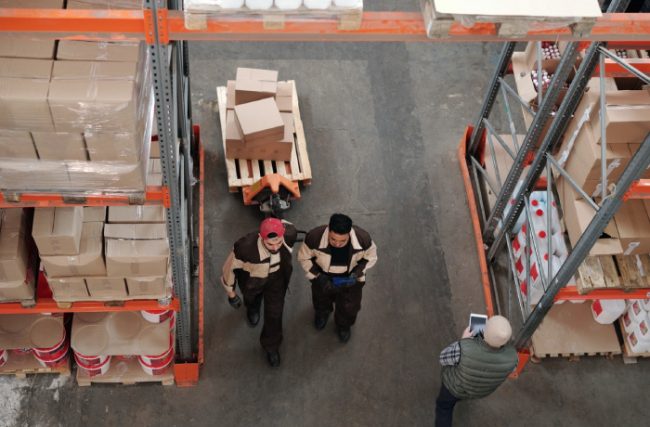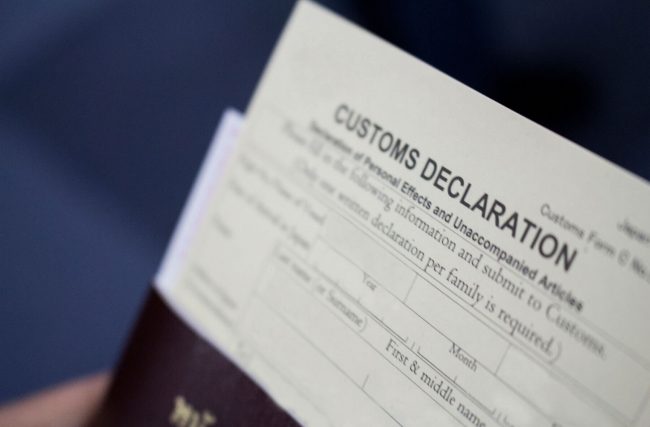UNDERSTAND SPS CONTROLS
SPS Controls: A Definition
SPS controls are international rules designed to protect the health and safety of animals, plants, and consumers. Governments around the world, including the EU, UK and US, set requirements in accordance with international standards to protect their bio-security.
Consignments consisting of SPS-controlled products require additional certificates and undergo a series of checks before arrival in the destination country.
Products that fall under the SPS regime include food, plants, livestock, including products derived from animals, fish, shellfish or plants.
Importers must satisfy SPS controls in order for goods to pass border checks.
In brief, the process for importing SPS goods involves:
- Obtaining certification, such as an EHC (Export Health Certificate) signed by an Official Veterinarian
- Submitting an import pre-notification to country or port of arrival
- Facilitating documentary, identity and physical inspections
- Importing goods via a specified border control post (BCP)
You can find more details on SPS regulations, such as this Updated Guide to Sanitary and Phytosanitary Checks, on our resources page.

